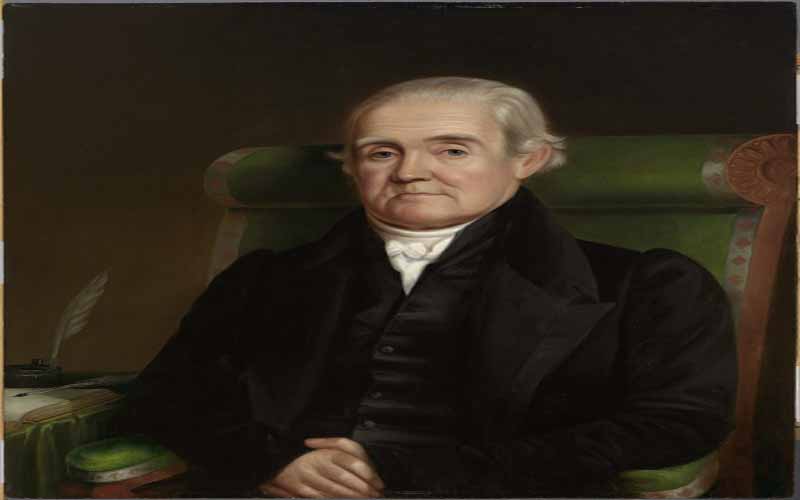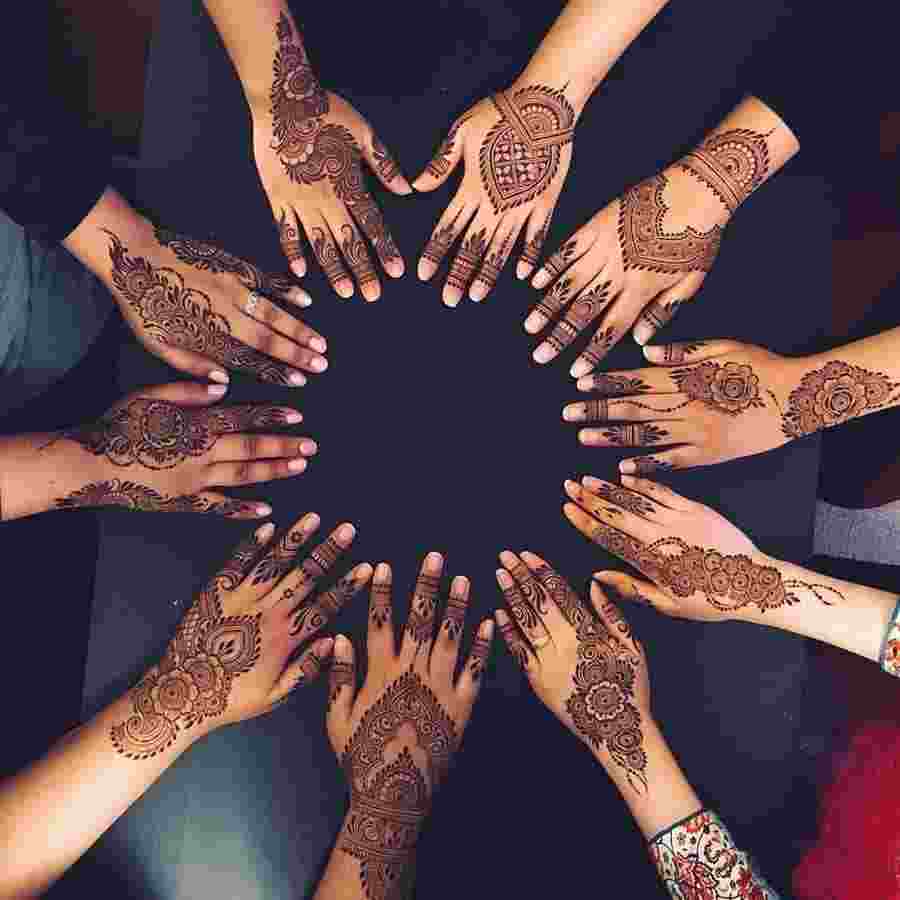Dictionary Day on October 16th is to celebrate the birth of American writer Noah Webster, who was born in 1758. Webster is known to all for publishing the first English dictionary in 1806. When his dictionary was published in 1828, it was a powerful resource with useful words and spelling updates. Webster was a true pioneer in creating our ubiquitous reference book, so we want to celebrate him today.
History of Dictionary Day
The oldest dictionary is found in the bilingual Sumer-Akkadian vocabulary of the Akkadian Empire. This dictionary was written around 2300 BC and can be found in the area of Ebra (present-day Syria). According to later sources, the world’s first dictionary was written in Latin in 1225 and was written by John Garland. However, the first English dictionary was written by Richard Huloet; 1552. It has about 26,000 words and is the first English word with English meaning, followed by its Latin synonyms. The Oxford English Dictionary is currently the largest dictionary in the world, with 20 volumes published in total.
Several people edited the English dictionary before Dr. Johnson. The first was Robert Caudrey, who wrote A Table Alphabetically in 1604. But it only contains 2,543 words, which is considered unreliable, and there are many behind it. In contrast, Johnson’s “English Dictionary” first published in 1755 is more like a modern dictionary. This book contains 42,773 words in alphabetical order and references showing their usage and soon became a standard English dictionary. This was the case until the completion of the Oxford English Dictionary in 1928.
As a passionate advocate of spelling reform, Noah Webster believes that English spelling is too complicated. With this in mind, he began to simplify various words, such as removing the “u” in “color”, providing us with many American English spellings that we know today. Noah Webster’s masterpiece is the American English Dictionary. The dictionary was first published in 1828 and added approximately 12,000 words to the previous dictionary. It formed the basis of the Merriam-Webster dictionary that we still have today, making it so influential.
Today also…
- World Food Day
- National Boss’s Day
- National Feral Cat Day
- World Anaesthesia Day
- The Bridge Day
- Global Cat Day
Celebration of Dictionary Day
To celebrate Dictionary Day. Usage of the traditional dictionary gives you a special feeling. How long have you not held the dictionary in your hand? We think it may be in elementary school. With so much accessible information on the Internet, we miss the physical book—the taste of the page, the sound of the page-turning. Pick up and open the dictionary, browse quickly to learn new knowledge. There is another way of celebrating the day. You can post on social media. Noah Webster is commendable for making such a very useful resource book. Post #NationalDictionaryDay, maybe someone in your circle will learn a new word in his name.

Some Interesting Facts about Noah Webster.
1. Growing up, Noah and his siblings were taught spelling, math, and music by their mother. An interesting fact about Noah Webster is that his father did not go to college, but valued education, and mortgaged the family home to send Noah to Yale University. He enrolled before his 16th birthday and graduated in 1778. He completed his studies and passed the bar exam in 1781. After publishing an oral thesis at Yale University, he received a master’s degree.
2. Webster grew up during the American Revolution and accepted the radical ideas of the time. He even briefly interrupted his studies at Yale University and joined the Connecticut Militia. His nationalists believe that the development of the American language is different from the language of the British Empire and is a key factor in nation-building.
3. Although Noah Webster is famous for his dictionary, but he is a prolific writer, this is an interesting Noah Webster fact. For decades, his work on the dictionary was only possible through the sale of his school textbooks, which are often referred to as “blue back spellers.”
4. Noah Webster completed his dictionary in 28 years. It contains 70 000 words, of which 12,000 words have never been published before. Webster thinks that English spelling is too complicated. We want to thank him for using the American spellings, such as color, favorite, and Honor, instead of the British color, favorite, and honor.
5. Webster is a devout Christian. He believes that “without the Bible, education is useless.” His dictionary contains more than 6000 biblical reference materials and has been the only mainstream dictionary that uses biblical reference materials to explain the meaning of words for many years. Some of them, such as the definition of marriage as a union between men and women, cannot remain relevant in the modern era.
6. Webster’s Christian faith convinced him that all languages are derived from Aramaic. A remarkable fact about Noah Webster is that to collect the source of the words he included in the dictionary, he obtained more than 20 languages for research.
7. Noah Webster is known as the “Father of American Scholarship and Education”. As a lexicographer and language reformer, he is certainly that kind of person, but he also wears many other hats. His first career was a teacher, and later became the author of the blue back speller.
8. The first edition of Webster’s Dictionary was published in 1825, and only 2500 copies were sold. Webster was forced to loan his house to publish the 2nd edition. It also did not succeed. He died in 1843 shortly after completing the revised appendix of the second edition.
Dictionary Day Quotes
- “Words―so innocent and powerless as they are, as standing in a dictionary, how potent for good and evil they
- become in the hands of one who knows how to combine them.”―Nathaniel Hawthorne
- “I was reading the dictionary. I thought it was a poem about everything.”—Steven Wright
- “Poetry is a deal of joy and pain and wonder, with a dash of the dictionary.”—Khalil Gibran
- “Love is the most important thing in the world. Hate, we should remove from the dictionary.”—John Wooden
- “Who is to say who is the villain and who is the hero? Probably the dictionary.”—Joss Whedon
- “Every time I have to look up a word in the dictionary, I’m delighted.”—Vivienne Westwood
- “Poetry consists in a rhyming dictionary and things seen.”—Gertrude Stein
- “I’ve always been in love with language. My favorite book is a dictionary. I have always loved words.”—Denis Villeneuve
- “Always remember that striving and struggling precede success, even in the dictionary.”—Sarah Ban Breathnach
- “If you look up the definition of greatness in the dictionary, it will say Michael Jordan.”—Elgin Baylor




